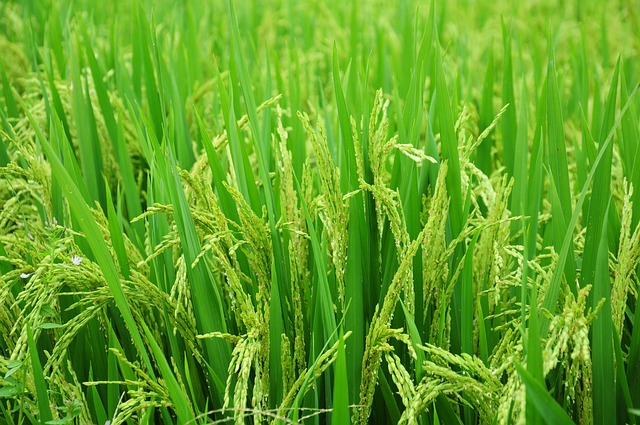
-
Almost 500,000 metric tons of imported rice will arrive in the Philippines amid the El Niño threat
-
The shipments will arrive between December 2023 and February 2024
-
76,000 MT will come from Taiwan and India expected to be delivered in early January 2024
-
As of December 14, the country has imported 3.22 million MT of rice this year, based on the Bureau of Plant Industry data
About 500,000 metric tons (MT) of imported rice are scheduled to reach the Philippines from this month until February 2024, according to the Department of Agriculture (DA).
The shipments are part of contingency plans to keep supply stable in the wake of a dry spell caused by the El Niño phenomenon.
They include 76,000 MT from Taiwan and India, with delivery set for early January 2024. A much bigger shipment from India — 295,000 MT – was brokered under an earlier accord.
Last July, the Indian government disclosed plans to export 1.03 million MT of non-basmati white rice to seven countries, including the Philippines. The Philippines received the largest share over countries such as Nepal, Cameroon, Côte d’Ivoire, Republic of Guinea, Malaysia, and Seychelles.
As of December 14, the Philippines has imported 3.22 million MT of rice, based on Bureau of Plant Industry data.
DA undersecretary and officer-in-charge for operations Roger Navarro said 20,000 bags–equivalent to 1,000 metric tons of rice—had been delivered before Christmas Day and was the first batch of the 40,000 bags of rice donated by Taiwan.
Details about other shipments were not disclosed.
The nearly 500,000 MT of rice to be procured internationally will be subject to standard importation rules and a 35% import duty, as stipulated by Executive Order (EO) No. 50, signed by President Ferdinand Marcos Jr. on December 22. The EO maintains the 35% tariff rate on rice until the end of 2024.
READ: Reduced tariff on rice, corn, meat extended until 2024
Navarro assured sufficient rice supply until the next harvest season in March 2024, considering the arrival of the imported rice and recent harvest by local farmers.
The estimated national rice consumption is 36,000 MT per day or around 1.08 million MT per month.
Solon reacts to lower tariffs
Meanwhile, President Marcos’ sister, Senator Imee Marcos, expressed dissatisfaction over the extension of the lower import duty rates on rice, corn, and meat products by another year.
As vice chair of the Senate Committee on Agriculture, Food and Agrarian Reform, she criticized the DA for not learning from the “failed scheme” of the past administration, which promised lower prices for commodities but did not deliver.
“When the tariffs on meat, rice, and corn were first lowered in 2021, the promise was to lower prices of these commodities. While runaway inflation has been arrested, prices have not fallen below the promised pre-2021 levels,” she pointed out.
She said importation was not “the solution” to the country’s food security problems.
“Firstly, relying on imports and modifying the rates are not sustainable policies because other countries are limiting their exportation of food to serve their domestic needs first,” she said.
In addition, “much-reduced” government collection of import duties on rice, corn and meat products would not be able to subsidize the agricultural inputs needed by local farmers, the senator added.
She highlighted the need for the private sector to invest in the countryside, especially in value-adding, processing, and distribution.




